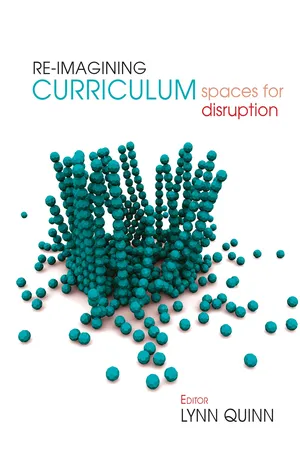About this book
This is the first attempt to bring together diverse scholars, using different lenses, to study South Africa's Border War. As a book, it is critical in approach, provides deeper reflection, and focuses specifically on the SADF experience of the war. The result is a more complex picture of the war's dynamics and its legacies. Although South Africa is a vastly different country today, the study of the Border War opens a range of questions, also relevant to contemporary deployments such as in Lesotho (1998) and the Central African Republic (2013). It includes the debate on participation in foreign conflicts; on the deployment, design and preparation of appropriate, modern armed forces and their use as foreign policy instruments in far'off theatres; on military planning; and, as the historical controversies regarding the battles at Cuito Cuanavale and Bangui illustrate, on the interface between foreign campaigning and domestic politics.
Tools to learn more effectively

Saving Books

Keyword Search

Annotating Text

Listen to it instead
Information
Table of contents
- Contents
- Acknowledgements
- Acronyms and abbreviations
- Foreword
- 1. Why the focus on “curriculum”? Why now?
- 2. Decolonising the curriculum: Recontextualisation, identity and self-critique in a post-apartheid university
- 3. Decolonising university curricula: Reflections on an institutional curriculum review process
- 4. Disrupting single stories through participatory learning and action
- 5. Re‑imagining knowledge in the curriculum: Creating critical spaces for alternative possibilities in curriculum design
- 6. Transforming curriculum development through co-creation with students
- 7. Integrating academic literacies into the curriculum in Occupational Therapy: Currents of disruption and congruence in a collaborative process
- 8. Uncovering the complicit: The disrupting interview as a decolonising practice
- 9. Reconfiguring academic development through feminist new materialist and posthuman philosophies
- 10. Academic developers as disruptors: Reshaping the instructional design process
- 11. “I’ve got a deep, complicated relationship with technology”: Towards an understanding of the interplay of barriers and agency in academics' educational technology practices
- 12. Re‑imagining curriculum development and the role of academic developers in a university of technology in the post‑colonial setting
- 13. Constructing curriculum in a time of transformation: A department's experience in South Africa
- 14. Defending the diploma: Academic developers as curriculum collaborators in technical contexts
- 15. Disrupting academic reading: Unrolling the scroll for academic staff
- 16. Advancing democratic values in higher education through open curriculum co‑creation: Towards an epistemology of uncertainty
- 17. “I just felt like I was trying to swim through molasses”: Curriculum renewal at a research-intensive university
- 18. Academic development insights into decolonising the Engineering curriculum
- 19. Creating spaces for the emergence of new realities in science curriculum thinking
- 20. Cognitive justice and the higher education curriculum
- Index
- Notes on contributors
Frequently asked questions
- Essential is ideal for learners and professionals who enjoy exploring a wide range of subjects. Access the Essential Library with 800,000+ trusted titles and best-sellers across business, personal growth, and the humanities. Includes unlimited reading time and Standard Read Aloud voice.
- Complete: Perfect for advanced learners and researchers needing full, unrestricted access. Unlock 1.4M+ books across hundreds of subjects, including academic and specialized titles. The Complete Plan also includes advanced features like Premium Read Aloud and Research Assistant.
Please note we cannot support devices running on iOS 13 and Android 7 or earlier. Learn more about using the app
